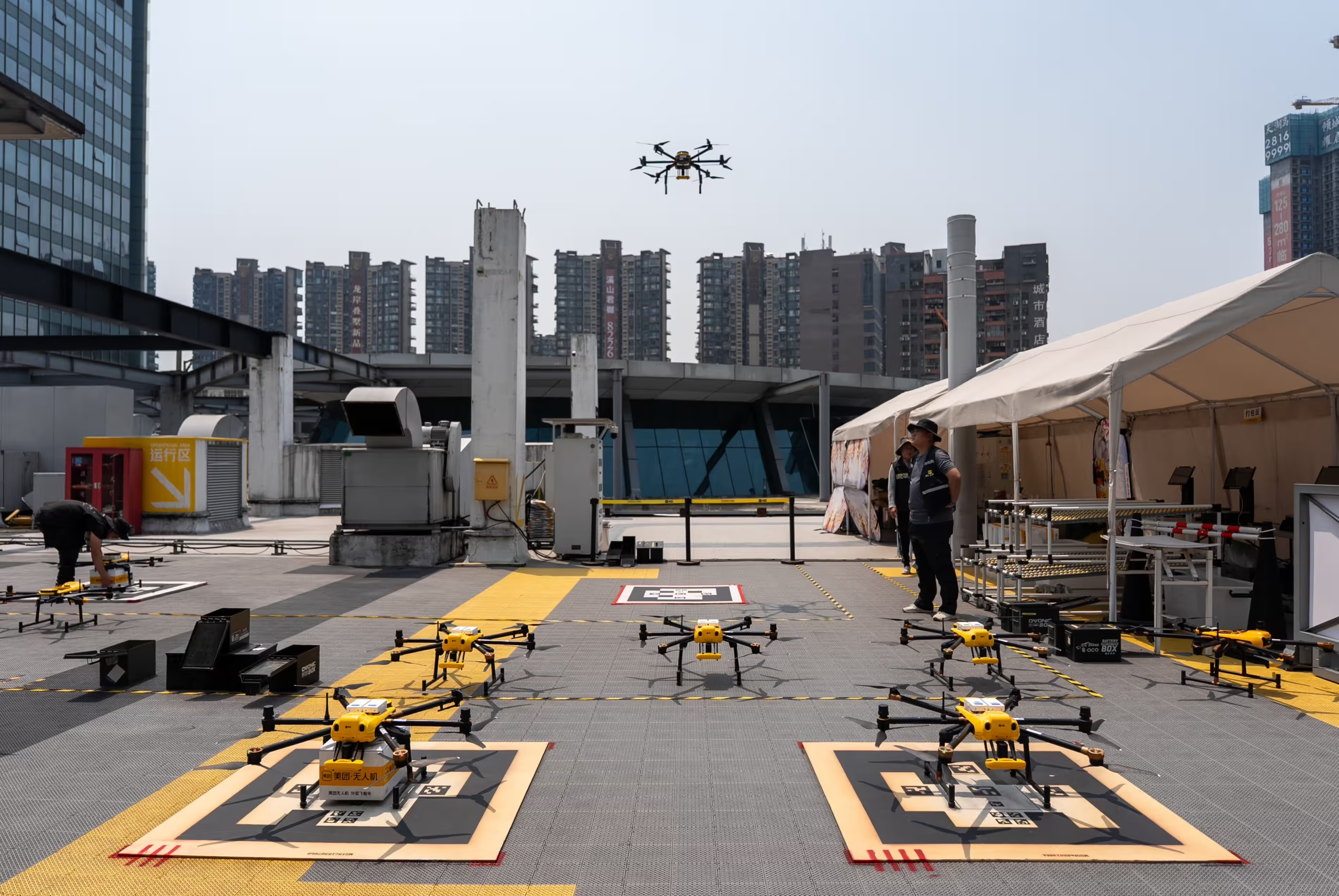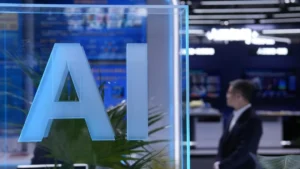Beijing — China’s race to lead the next wave of AI innovation is accelerating with the adoption of embodied AI—technologies that combine robotics with artificial intelligence, making machines that move, interact, and adapt like humans. From humanoid staff in shopping malls to autonomous delivery buggies on university campuses, embodied AI is no longer confined to research labs. It’s becoming part of everyday life.
This shift is part of a national push to not only dominate traditional AI models but also extend intelligence into physical forms that can operate in real-world environments. Experts in China see this as an essential move to stay ahead of the U.S. and other global competitors amid growing geopolitical tensions in the tech space.
Several startups and research institutions have launched pilot projects that integrate these systems into logistics, healthcare, surveillance, and education. For example, unmanned carts now patrol university campuses in Guangdong to monitor student activity and perform basic tasks—blending security functions with efficient automation.
In Guangzhou, humanoid receptionists greet visitors at tech exhibitions, while robotic assistants deliver food and guide customers in large shopping centers. These technologies rely on advanced sensors, neural networks, and real-time feedback systems, reflecting China’s ambition to lead in AI that moves beyond virtual interfaces.
Government support has been critical. Local administrations and academic institutions receive funding and incentives to integrate embodied AI into public services. The vision is long-term: building a hybrid workforce of humans and intelligent machines that could alleviate labor shortages and streamline infrastructure.
However, the rise of embodied AI also brings ethical and privacy concerns. Critics warn of excessive surveillance, potential bias in automated enforcement, and the risk of human detachment in sensitive sectors like caregiving or education. As deployment scales up, these issues are expected to shape the future dialogue around regulation.
Nevertheless, for many in China, embodied AI represents not just technological progress but a reimagining of how society interacts with machines—bringing futuristic concepts one step closer to reality.











